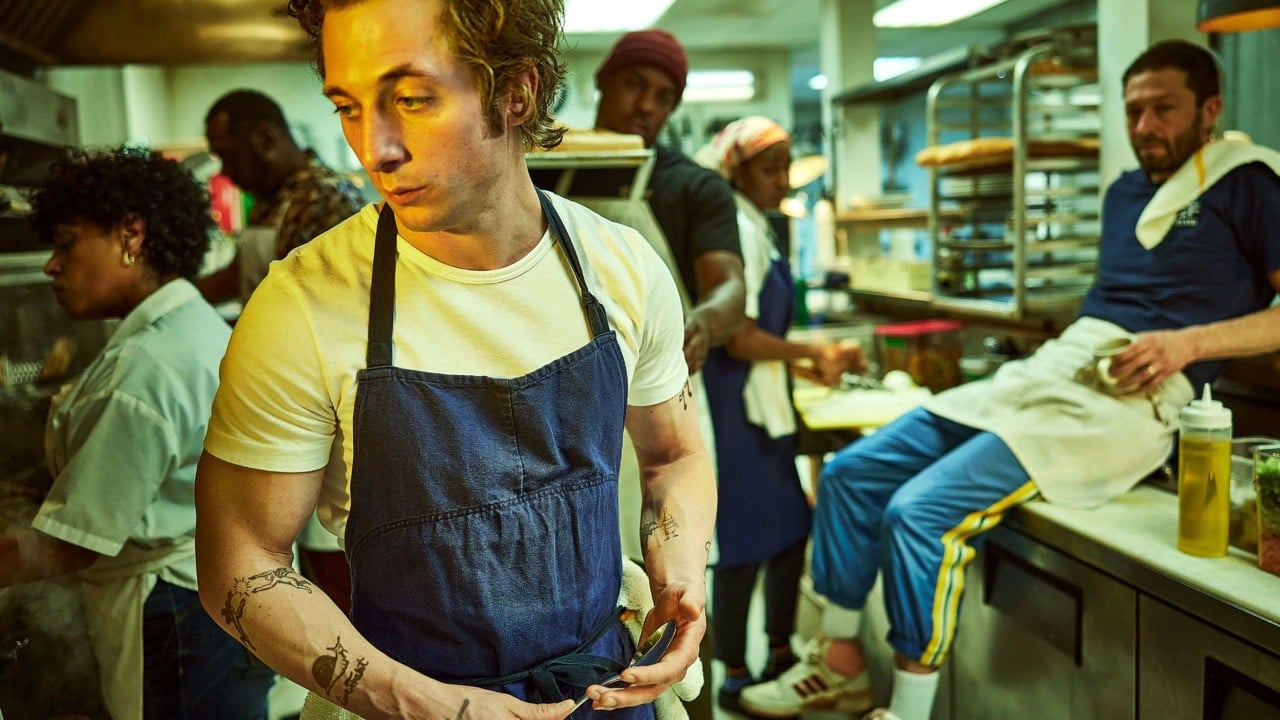One of the selling points of the smash hit drama series has been its commitment to accuracy. The chefs at the namesake restaurant speak in familiar staccato shorthand, the chopping-as-second-nature is done right and the plating is on point. And especially the high-intensity stress, which is familiar to people who have spent most of their professional lives in a kitchen.
The anxiety, the pressure and the verbal abuse are rampant – the fancier the restaurant, it seems, the more toxic the workplace. Over the course of the third season, we then watch Carmy bring those same HR-unfriendly practices to his own restaurant, which by now has transitioned from a humble neighbourhood joint to a fine-dining destination. Season two ended on a prospective note, as the restaurant opened to friends and family, and its community (inside the kitchen and out) coalesced around the creation and consumption of beautiful food.

In this season, which premiered on June 27, any hope that restaurants can be about more than the timely and obsessive plating of dishes dissolves. In that respect, I’m sorry to say that this season of is less accurate than those that came before. The show hammers home the disconnect between the experience the restaurant creates for its guests and the actual, increasingly unhappy and stressful experience of its workers.
The season ends with the characters worse off than at the season two finale, with seemingly no upside from their high anxiety jobs. As a chef and restaurate.
















